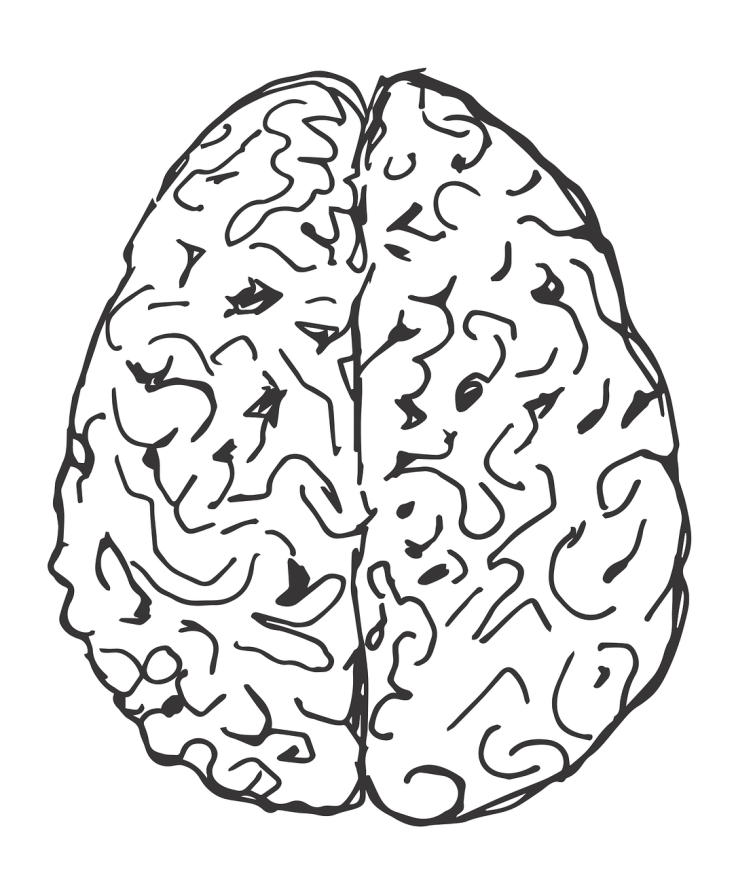The Shape Of Your Brain Might Determine Whether You're Friendly Or Neurotic: Study

Have you ever wondered why you were prone to bouts of moodiness or why you were always so easy going? Turns out personality could be linked to brain shape, according to new research.
Scientists found that brains with a thicker cortex, smaller volume, and less folding were connected to increased levels of neuroticism. Openness, however, was linked to the opposite, or a thinner cortex, larger volume, and more folds.
Read: Cat Person, Dog Person, Or Neither? What Your Pet Says About Your Personality
The study, which was a joint effort between researchers from the United States, United Kingdom and Italy, studied the brain’s physical attributes in relation to the five main personality types. Known as the Big Five, the traits are extraversion (or enthusiasm), agreeableness (or how cooperative you are), conscientiousness (which is associated with self-control), neuroticism (tied to negativity), and openness (adventurous and open minded).
While there is much more research that needs to be done, senior paper author Luca Passamonti of the University of Cambridge believes this revelation will be helpful in understanding mental disorders.
“Linking how brain structure is related to basic personality traits is a crucial step to improving our understanding of the link between the brain morphology and particular mood, cognitive or behavioral disorders,” Passamonti said in a press release. “We also need to have a better understanding of the relation between brain structure and function in healthy people to figure out what is different in people with neurological and psychiatric disorders.”’
Previous research about personality types show that people tend to become less neurotic and more agreeable as they get older.
Read: Who Do You Think You Are? What Your Taste In Music Says About You, According To Science
The team looked at data from more than 500 participants in the National Institutes of Health’s Human Connectome Project. Brains from healthy 22 to 36 year olds, who had no history of psychiatric disorders or other medical problems, were scanned.
See Also:
Picture Perfect: An Online Avatar Reveals Deep Truths About A Person's Personality
Move Like This: How A Person’s Movement Clues Us In To Their Personality Traits
Published by Medicaldaily.com



























